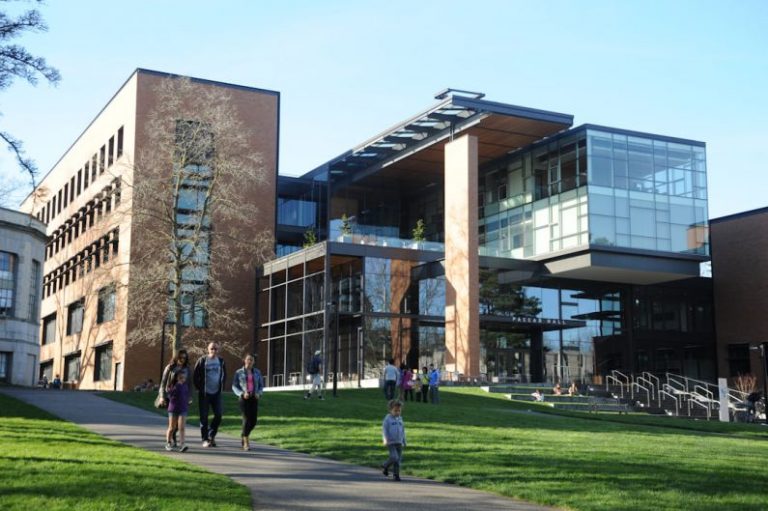The Role of Artificial Intelligence in Education
In recent years, artificial intelligence (AI) has been making significant strides in revolutionizing various industries, and education is no exception. The integration of AI in education has brought about numerous advancements, transforming the way students learn and educators teach. From personalized learning experiences to improved administrative tasks, AI is reshaping the landscape of education in profound ways.
Enhancing Personalized Learning
One of the most significant contributions of AI in education is its ability to provide personalized learning experiences for students. Traditional education systems often follow a one-size-fits-all approach, where every student is expected to learn at the same pace and in the same manner. However, AI has the potential to change this by analyzing individual learning patterns and customizing educational content to suit each student’s needs. Through AI-powered algorithms, educators can track students’ progress, identify areas where they may be struggling, and provide targeted interventions to help them succeed. This personalized approach not only improves student engagement but also enhances learning outcomes.
Facilitating Remote Learning
The emergence of AI has also played a crucial role in facilitating remote learning, especially in light of the global pandemic that forced educational institutions to shift to online platforms. AI-powered tools such as virtual classrooms, chatbots, and online tutoring platforms have made it possible for students to continue their education from the comfort of their homes. These technologies not only enable seamless communication between students and educators but also provide valuable insights into student performance and engagement, allowing for timely interventions when needed.
Streamlining Administrative Tasks
Another area where AI is making a significant impact in education is in streamlining administrative tasks. From grading assignments to managing schedules, AI-powered systems can automate time-consuming administrative processes, allowing educators to focus more on teaching and mentoring students. By leveraging AI, educational institutions can also improve operational efficiency, reduce costs, and allocate resources more effectively. For example, AI can help predict student enrollment trends, optimize course schedules, and even identify at-risk students who may need additional support.
Fostering Collaboration and Creativity
AI is not just about automating tasks; it also has the potential to foster collaboration and creativity in the classroom. By providing students with access to interactive learning tools, virtual simulations, and AI-powered feedback mechanisms, educators can create a more engaging and interactive learning environment. AI can also help students develop critical thinking skills by encouraging them to analyze information, solve complex problems, and think creatively. By integrating AI into the curriculum, educators can empower students to become active participants in their own learning journey.
Embracing Lifelong Learning
As the pace of technological advancement accelerates, the need for continuous learning and upskilling becomes increasingly important. AI can play a crucial role in promoting lifelong learning by providing personalized learning pathways tailored to individual goals and interests. Whether it’s through online courses, adaptive learning platforms, or AI-powered career guidance tools, AI can help individuals acquire new skills, stay relevant in a rapidly changing job market, and pursue lifelong learning opportunities.
Empowering Educators
While AI has the potential to transform education in numerous ways, it is essential to recognize that educators play a central role in leveraging AI effectively. By providing educators with the necessary training and support, educational institutions can empower them to harness the full potential of AI in enhancing teaching and learning outcomes. Educators can use AI as a tool to augment their teaching practices, personalize learning experiences, and create innovative educational content that engages students on a deeper level.
Embracing the Future of Education
In conclusion, the role of artificial intelligence in education is poised to redefine the way we learn, teach, and interact with educational content. From personalized learning experiences to streamlined administrative tasks, AI is reshaping the landscape of education and opening up new possibilities for collaboration, creativity, and lifelong learning. By embracing AI as a transformative force in education, we can pave the way for a more inclusive, engaging, and innovative learning environment that empowers students to thrive in the digital age.






